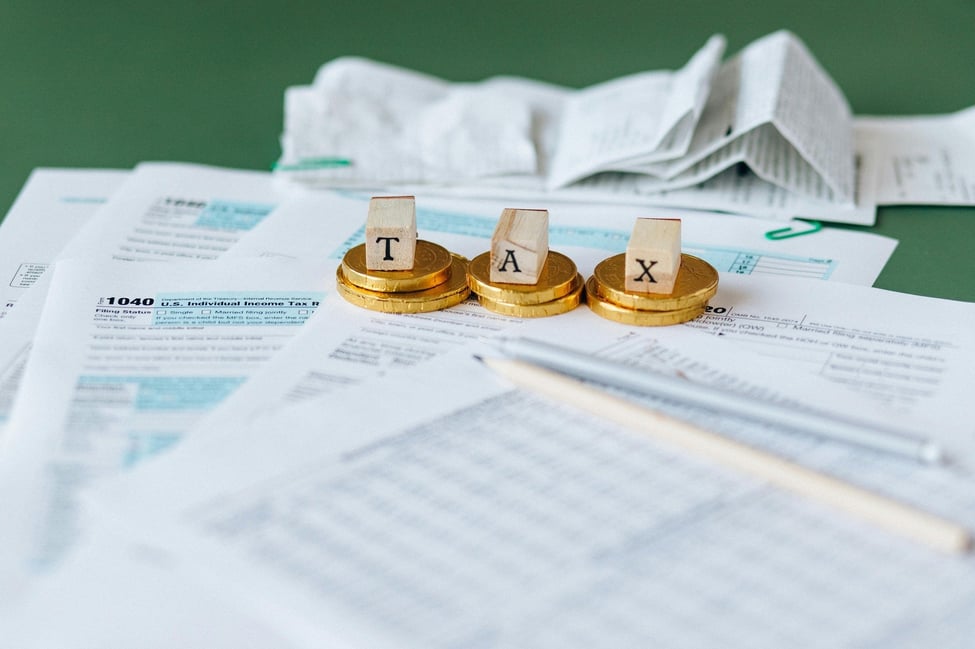In Canada, the tax implications of selling a house depend on whether the property is your principal residence or an investment property.
Principal Residence:
If the property is your principal residence, you may qualify for the principal residence exemption, which allows you to avoid paying capital gains tax on any profit from the sale. This exemption applies if the property was your principal residence for every year you owned it.
Investment Property:
For investment properties or secondary residences, capital gains tax applies to the profit made from the sale. As of June 25, 2024, the taxation rates are:
Gains up to $250,000: 50% of the capital gain is included in your taxable income.
Gains over $250,000: 66.67% of the capital gain is included in your taxable income.
The actual tax payable depends on your marginal tax rate, which varies based on your total income and the province of residence.
Example Calculation:
If you sell an investment property and realize a capital gain of $300,000:
First $250,000:
- Taxable amount: 50% of $250,000 = $125,000
Remaining $50,000:
- Taxable amount: 66.67% of $50,000 ≈ $33,335
Total Taxable Income:
- $125,000 + $33,335 = $158,335
This $158,335 is added to your other income for the year and taxed at your marginal tax rate.
Additional Considerations:
GST/HST: If you're selling a newly constructed or substantially renovated property, GST or HST may apply. However, if the property was your primary residence, you might be eligible for a rebate on some or all of the GST/HST paid.
Reporting Requirements: Even if no tax is owed due to the principal residence exemption, you are required to report the sale of your principal residence on your income tax return.
It's advisable to consult with a tax professional or the Canada Revenue Agency (CRA) for personalized advice, as individual circumstances can vary.

